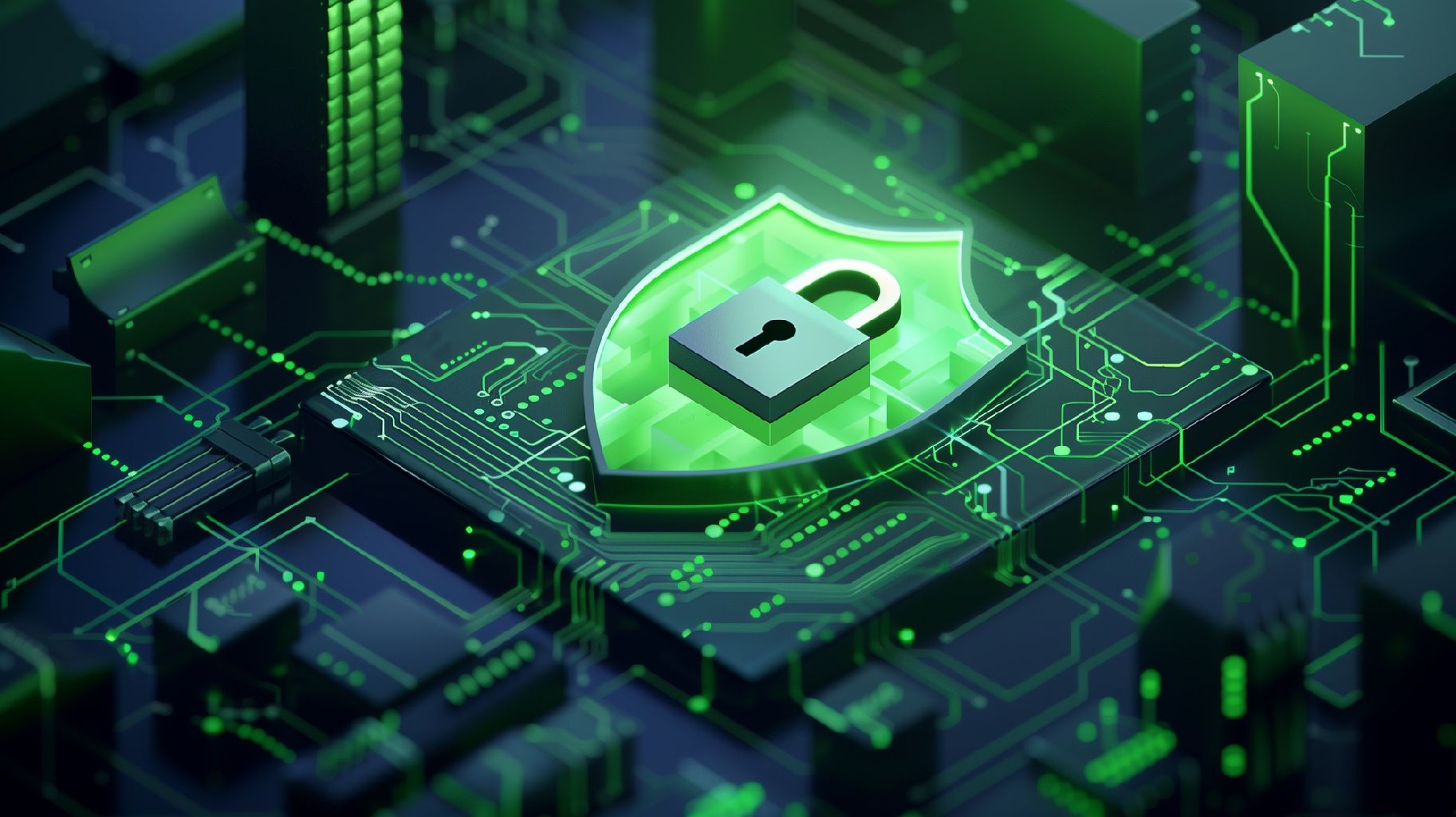AI Block Lab - Guides Tutorials
Guides Tutorials

As the cryptocurrency industry grows in popularity, so does the attention of cybercriminals. From phishing attacks to smart contract exploits, the security risks in crypto are more complex than ever. Traditional security approaches can no longer keep up — but artificial intelligence (AI) is stepping in to fill the gap.
Why Crypto Needs AI-Powered Security
Cryptocurrency ecosystems are inherently decentralized, borderless, and pseudonymous — features that make them revolutionary but also prone to abuse. The growing sophistication of attacks in the crypto world calls for equally advanced defense systems. AI offers the ability to detect, predict, and prevent threats in real-time by learning from vast and ever-changing patterns of behavior.
Key Applications of AI in Crypto Security
1. Real-Time Fraud Detection
AI models trained on transactional data can identify unusual patterns and flag suspicious behavior instantly. For example, AI can detect:
- Rapid wallet movements typical of laundering or rug pulls.
- Unusual login attempts from unfamiliar geolocations.
- Front-running bots in decentralized exchanges (DEXs).
Machine learning (ML) systems like anomaly detection are used to catch these attacks before damage is done.
2. Smart Contract Auditing
Smart contracts — the backbone of DeFi — are vulnerable to logic flaws and reentrancy bugs. AI-powered static code analysis tools can:
- Analyze thousands of lines of Solidity code faster than humans.
- Identify patterns known to lead to exploits.
- Predict vulnerabilities based on previous attack signatures.
Projects like OpenZeppelin and CertiK are integrating AI-driven auditing solutions to enhance smart contract security.
3. Phishing and Social Engineering Defense
Social engineering remains one of the easiest ways to compromise crypto users. AI can help:
- Monitor and flag fake crypto websites and wallets.
- Detect fraudulent Telegram bots and fake airdrop campaigns.
- Analyze language patterns in scam emails using natural language processing (NLP).
This reduces the burden on users to manually verify authenticity.
4. Private Key Protection
The holy grail of crypto security is protecting private keys. AI is being applied in:
- Biometric authentication: facial recognition, fingerprint scanning, and behavioral biometrics.
- AI-enhanced multi-signature wallets: where user behavior patterns help validate legitimate usage.
Some projects are exploring AI for continuous authentication — monitoring device usage in real time to prevent unauthorized access.
AI in Action: Case Studies
- Chainalysis: Uses AI to trace illicit crypto transactions and help law enforcement track ransomware payments and darknet activity.
- Harpie: An on-chain firewall that uses AI to stop wallet drains by interrupting malicious smart contract calls.
- Sentinel Protocol: A decentralized threat intelligence platform that uses AI to identify malicious addresses and distribute alerts.
Challenges and Ethical Concerns
While AI offers strong benefits, it isn’t a magic bullet. Key concerns include:
- Bias in training data: Can lead to false positives or missed threats.
- Overreliance on automation: Human oversight remains essential.
- Privacy risks: Collecting behavioral data to train AI models can pose its own risks in the decentralized world.
The goal should be to use AI as a tool to enhance human decision-making, not replace it entirely.
The Future of AI-Secured Crypto
As both crypto and AI technologies evolve, their intersection will deepen. We can expect:
- More AI-native Layer 1 blockchains.
- Wallets with adaptive security layers based on user behavior.
- Real-time threat intelligence networks powered by decentralized AI agents.
The convergence of AI and blockchain not only secures the future of Web3 but also redefines what “trustless” can truly mean.
Conclusion
AI is transforming how we secure crypto assets, smart contracts, and decentralized platforms. In a space where milliseconds matter and billions of dollars are at stake, AI provides the speed, scalability, and intelligence necessary to stay ahead of attackers.
By integrating AI into every layer of the crypto stack, we move one step closer to a truly secure, autonomous, and resilient decentralized future.
Source: aiblocklab.com